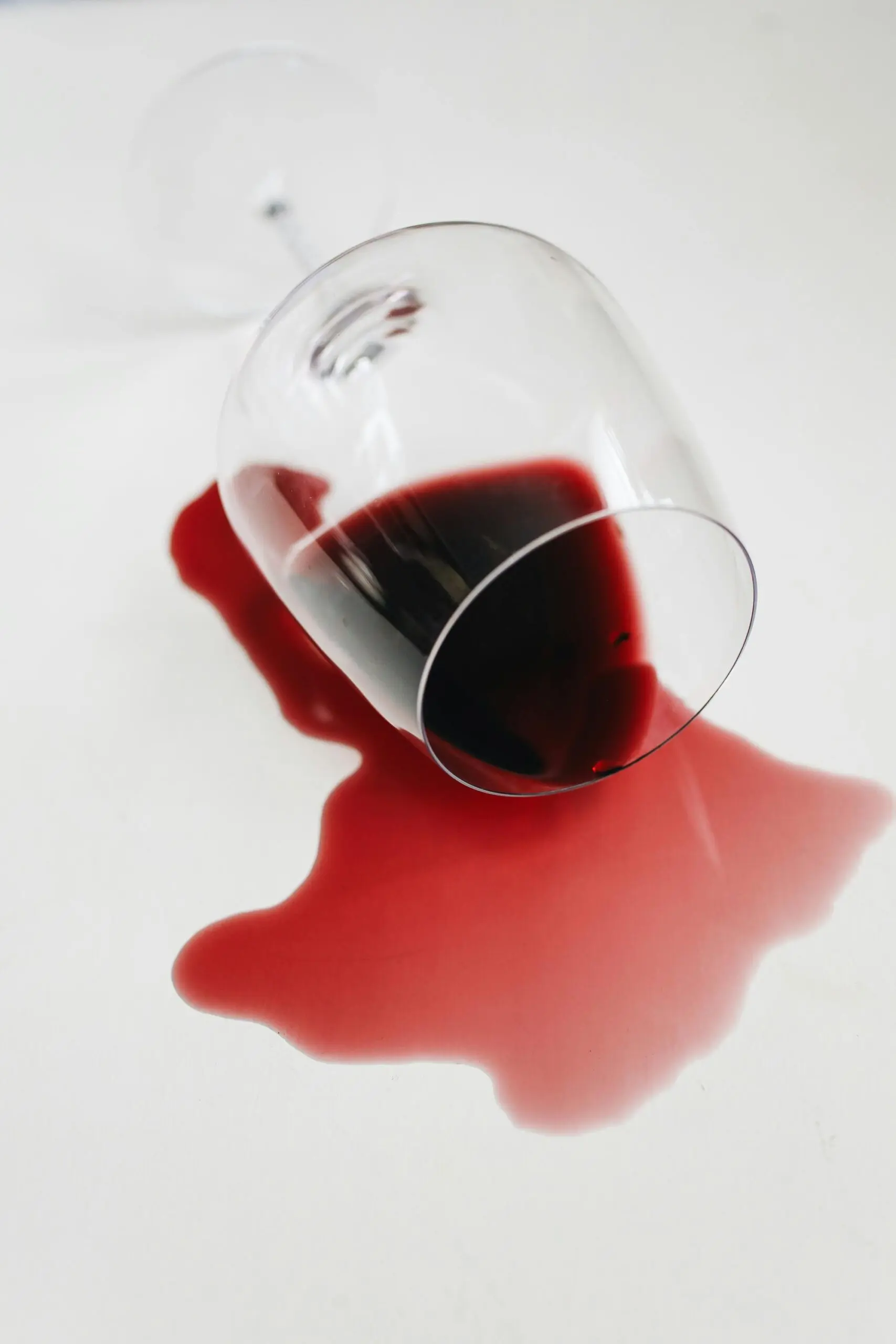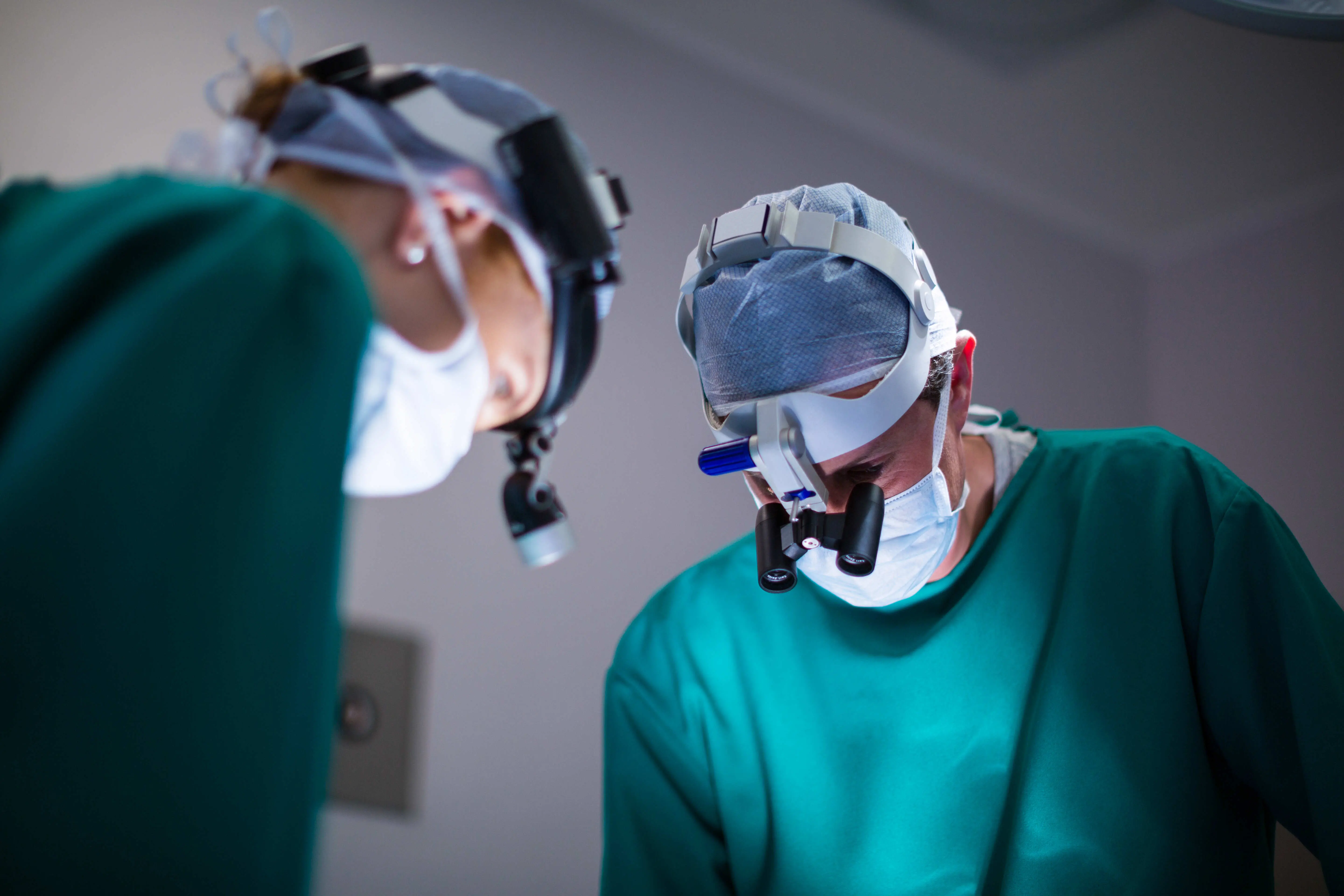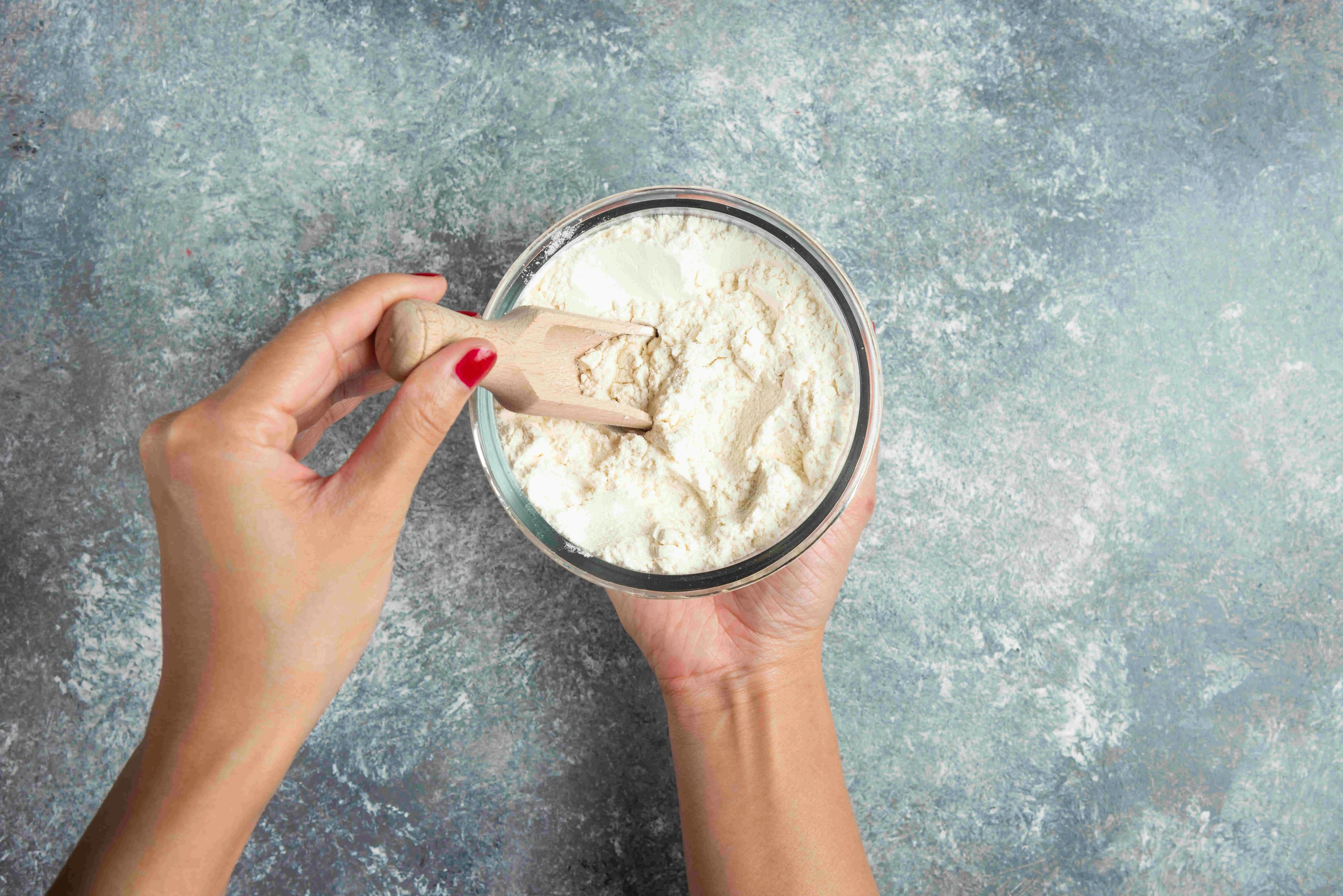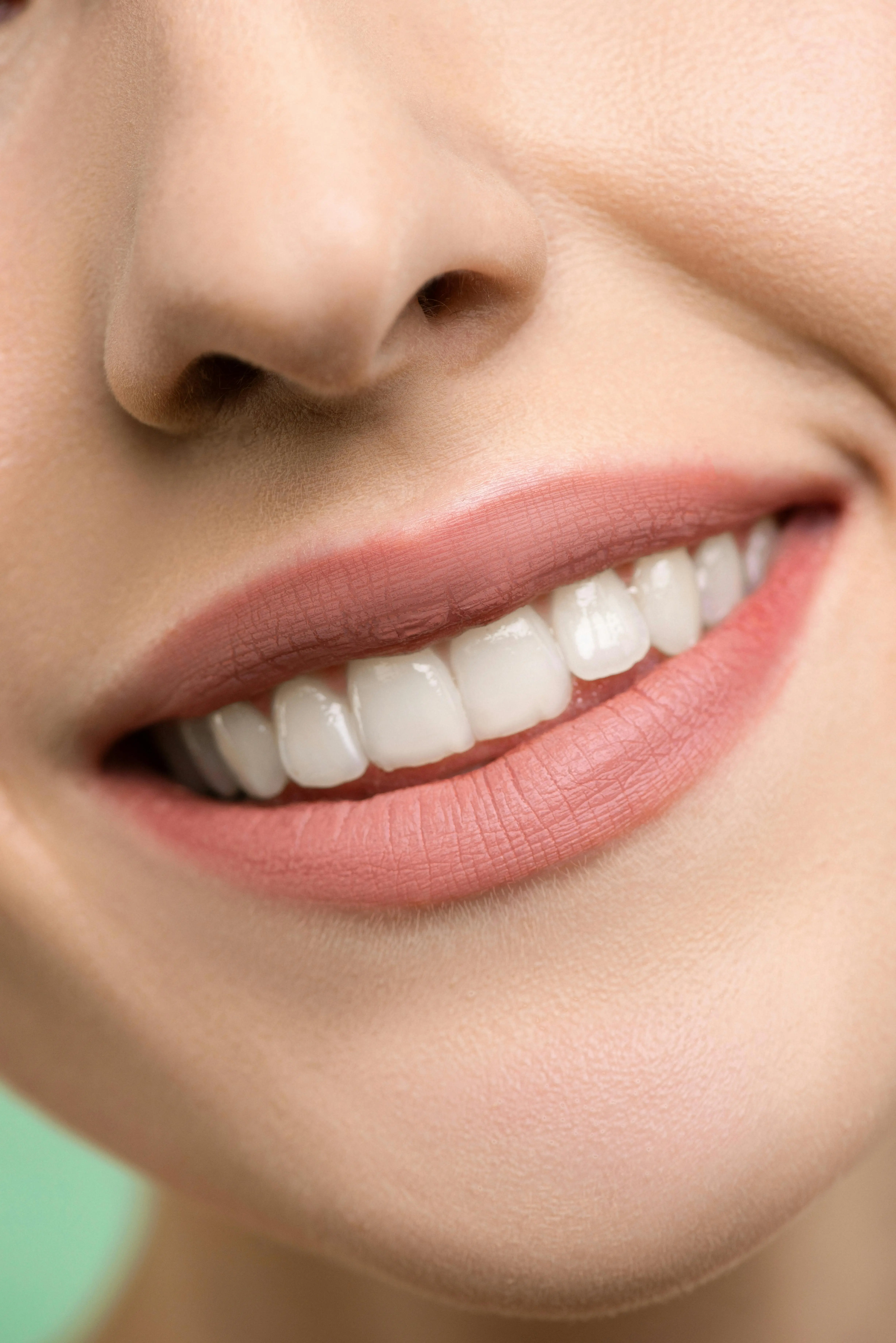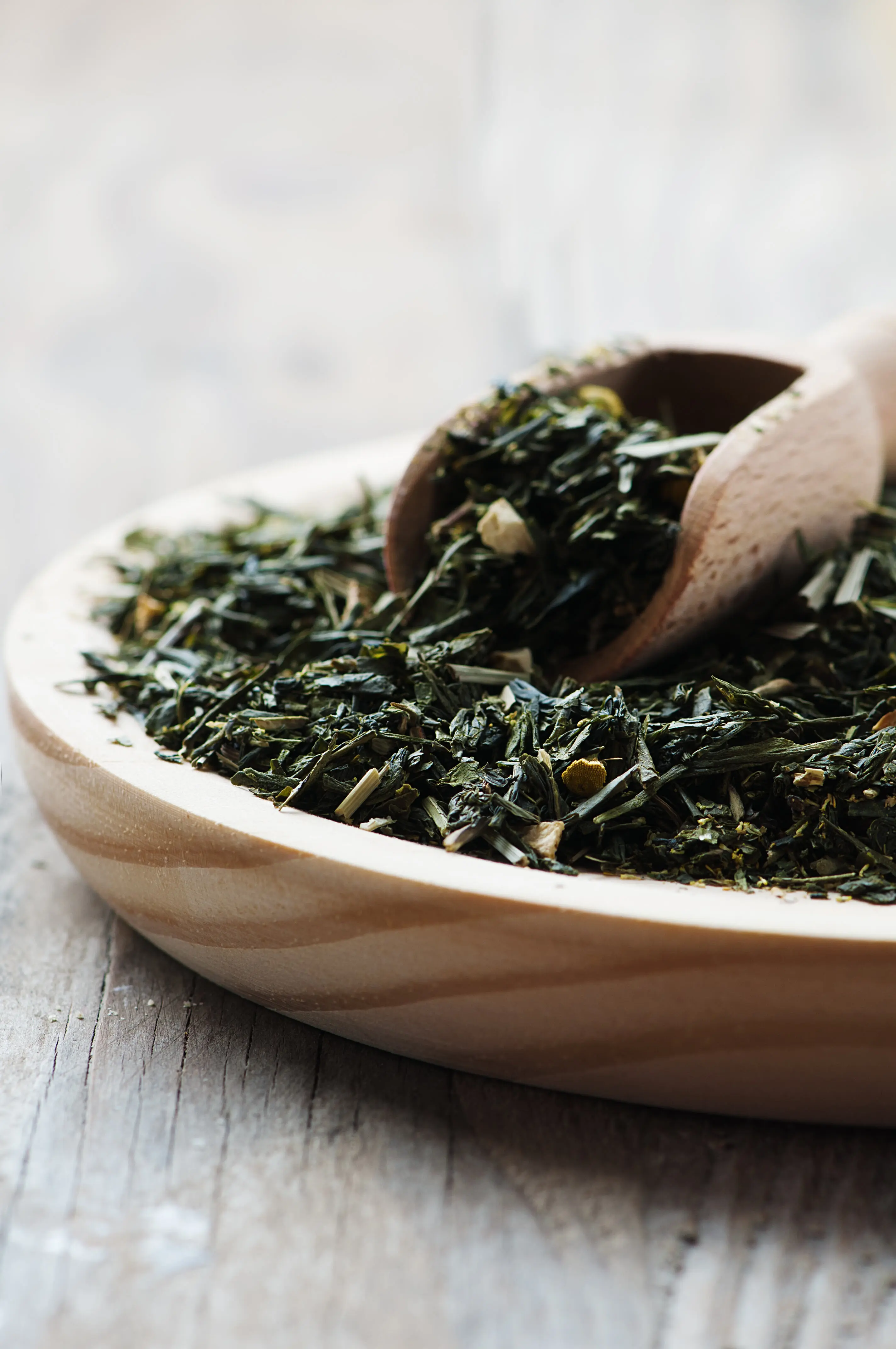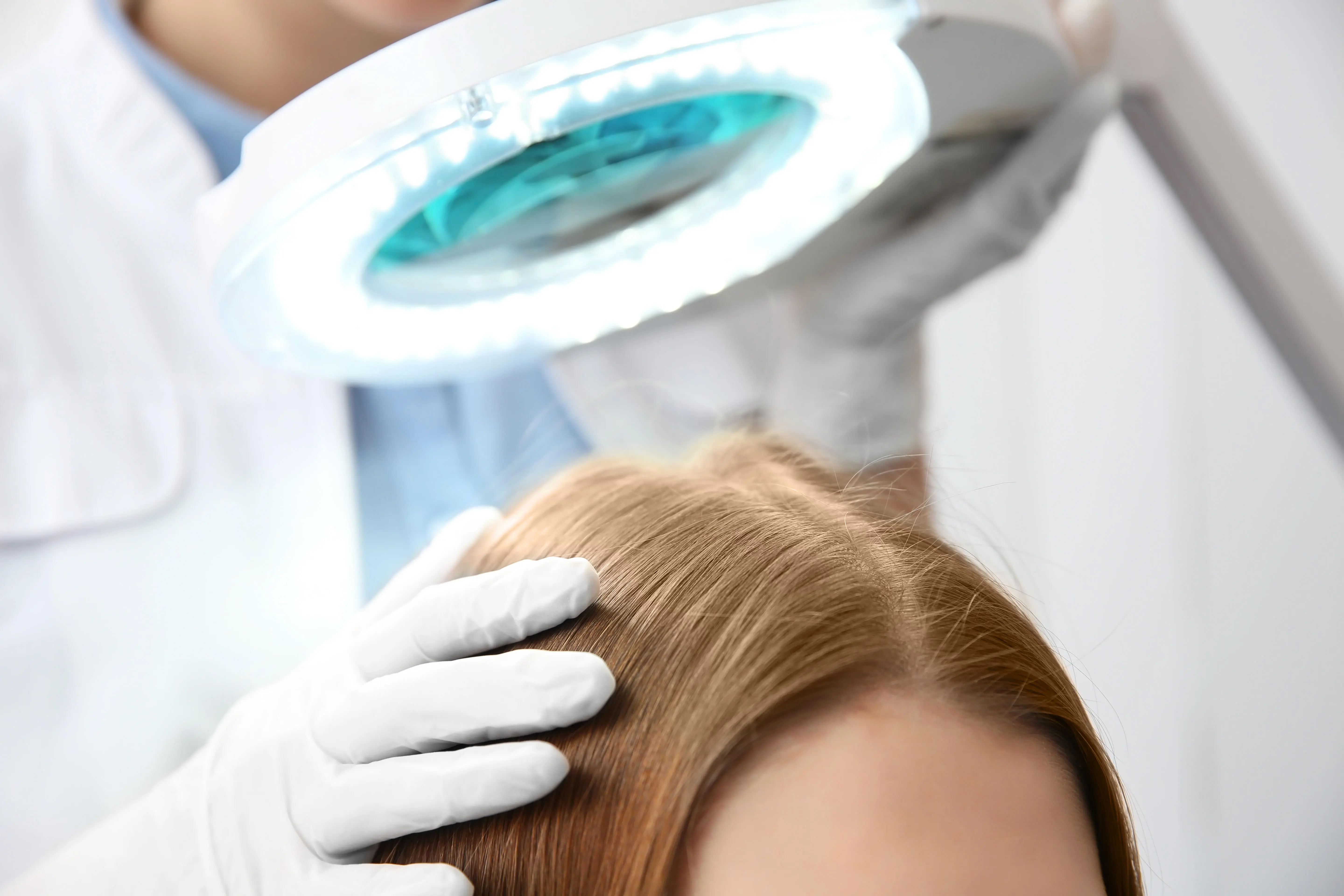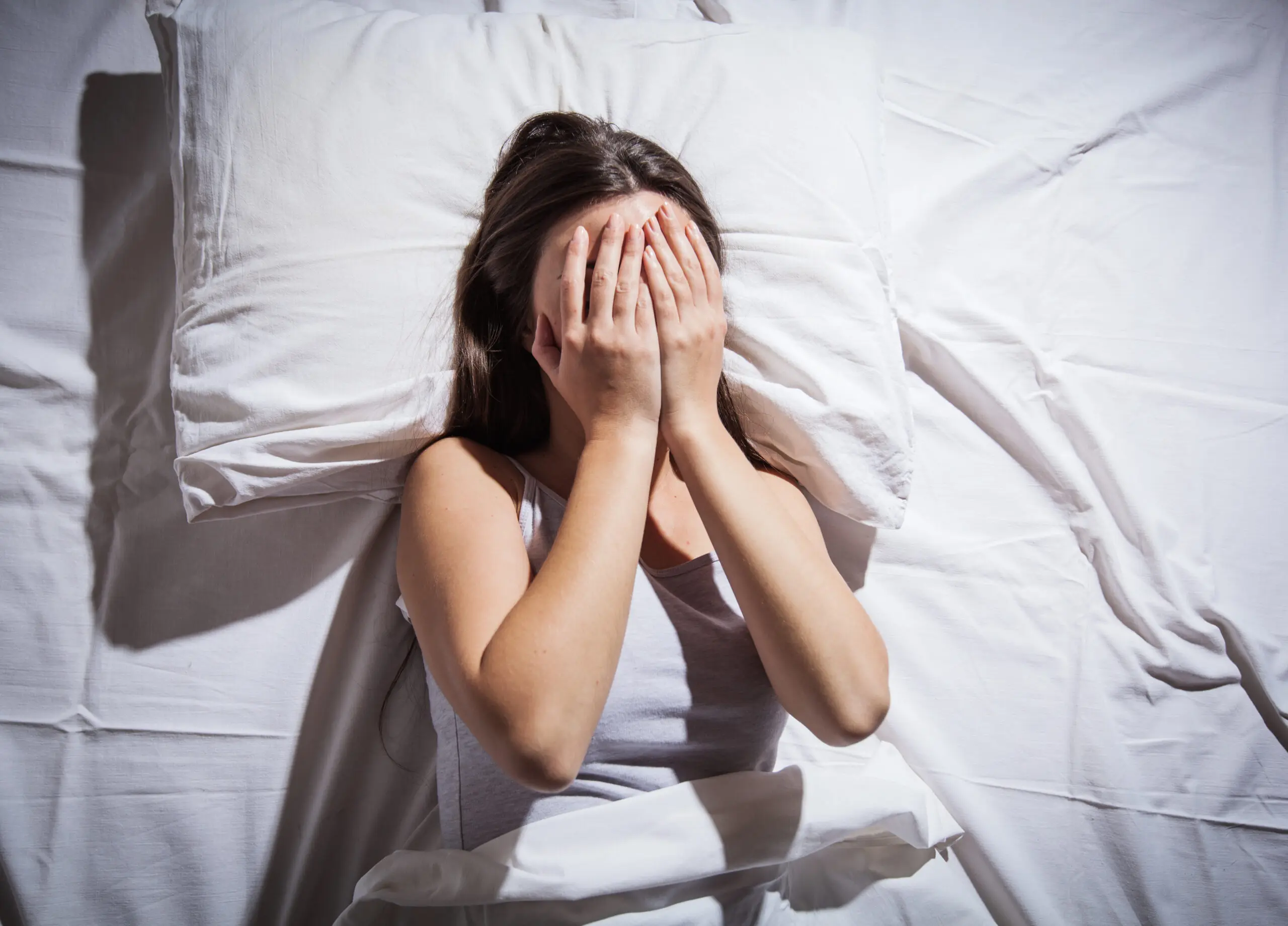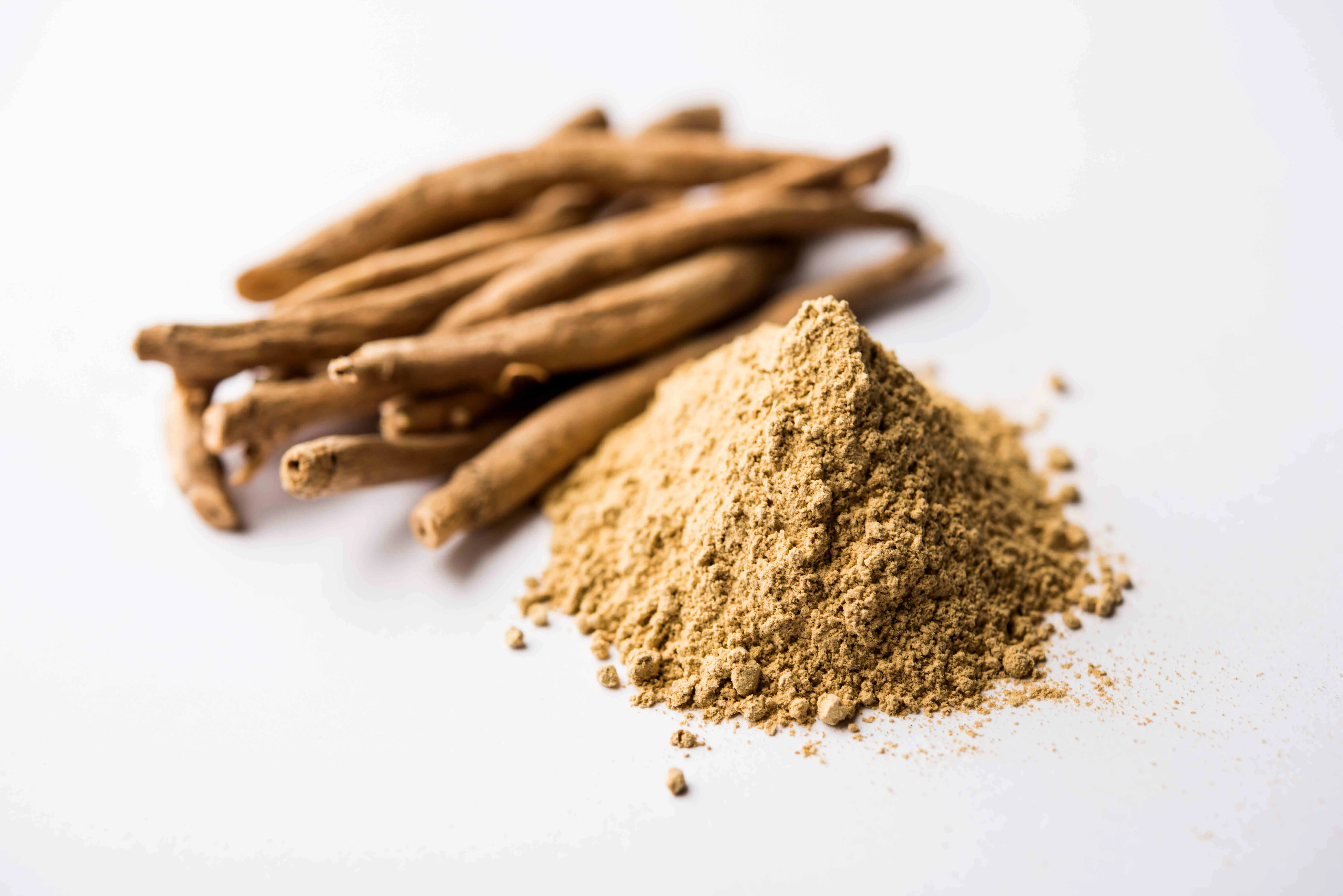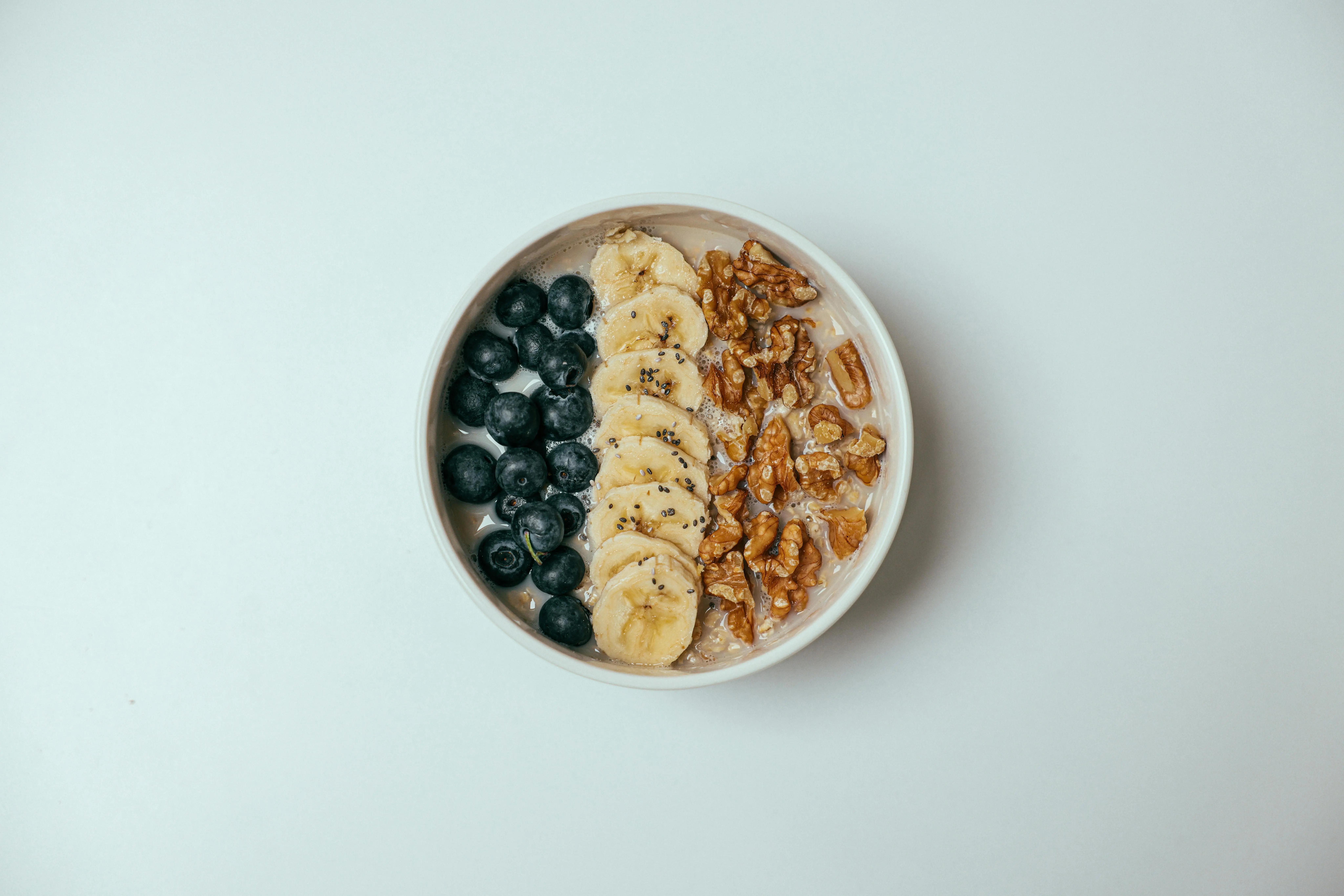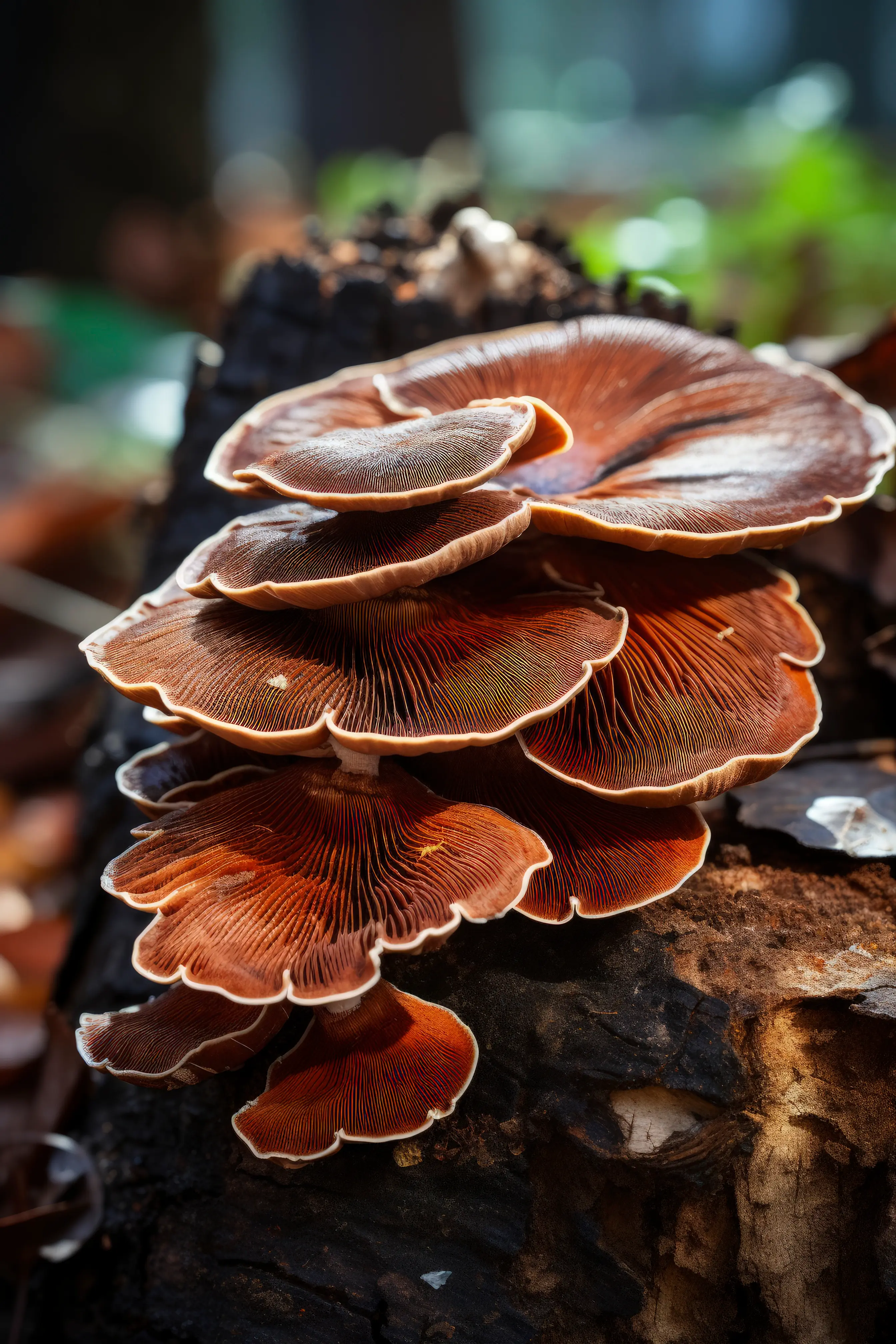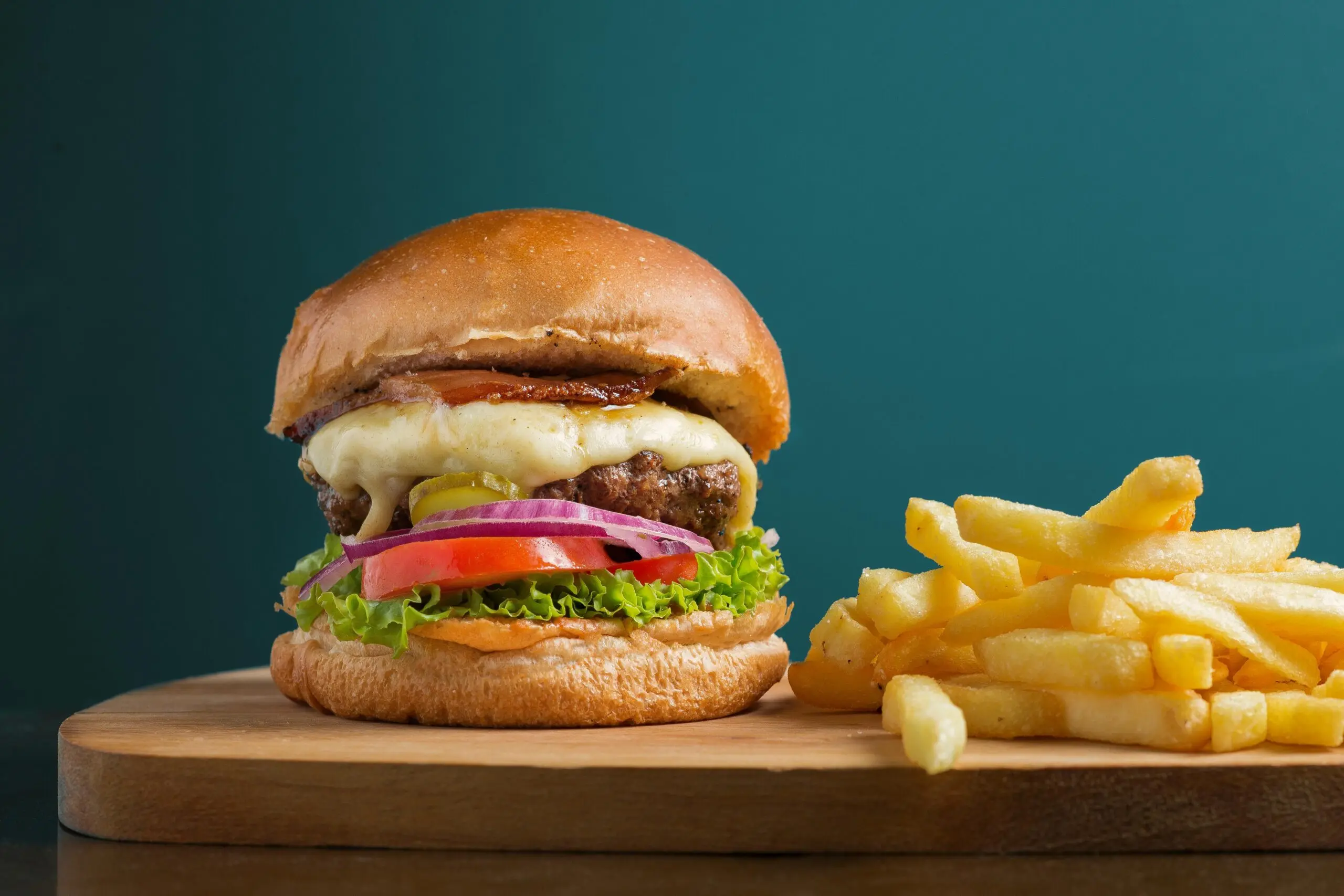“Lift the jugs high!” is the call at least every twenty minutes at the Oktoberfest. Then beer, wine , champagne lands in the throats, sometimes even a schnapps. 470,000 liters of pure alcohol are served at the Wiesn, so it's no wonder that many visitors wake up with a hangover the next morning. But what is it actually?
What causes a hangover?
The chemistry of the hangover: A fun evening, a lousy morning: nausea Headache and jitters combined with a craving for fatty foods. Only ten percent of people are spared from a hangover. It's not the alcohol itself that causes the hangover, but the metabolites that result from its breakdown in the liver.
There, the enzyme alcohol dehydrogenase (ADH) converts ethanol – that is, drinking alcohol – into acetaldehyde. This substance, which is poorly tolerated by the body, is converted into acetic acid by another enzyme, aldehyde dehydrogenase (ALDH), and excreted into the bladder. enzyme
This occurs through delayed chemical processes, and the acetaldehyde with the nice formula CH3CHO has time to unleash its toxic effects. Paradoxically, the symptoms are worst when the body has completely broken down the alcohol.
What symptoms do you have with a hangover?
headache
The throbbing head is mainly due to dehydration. Alcohol acts as a diuretic, increasing urine output. At the same time, it suppresses the release of vasopressin, a hormone that Kidneys signals to retain fluid.
This fluid loss leads, according to US studies and MRI analyses, to a parallel decrease in cell-protective substances like creatine and aspartate, and our brain shrinks by 0.2 percent.
This may partly explain the irrational behavior of intoxicated people – and also leads to mild inflammatory reactions in the brain, which we perceive as headache When drinking alcohol, the blood vessels dilate, when the effect wears off, they constrict again – and the blood flow in the brain slows down, which also results in headaches.
